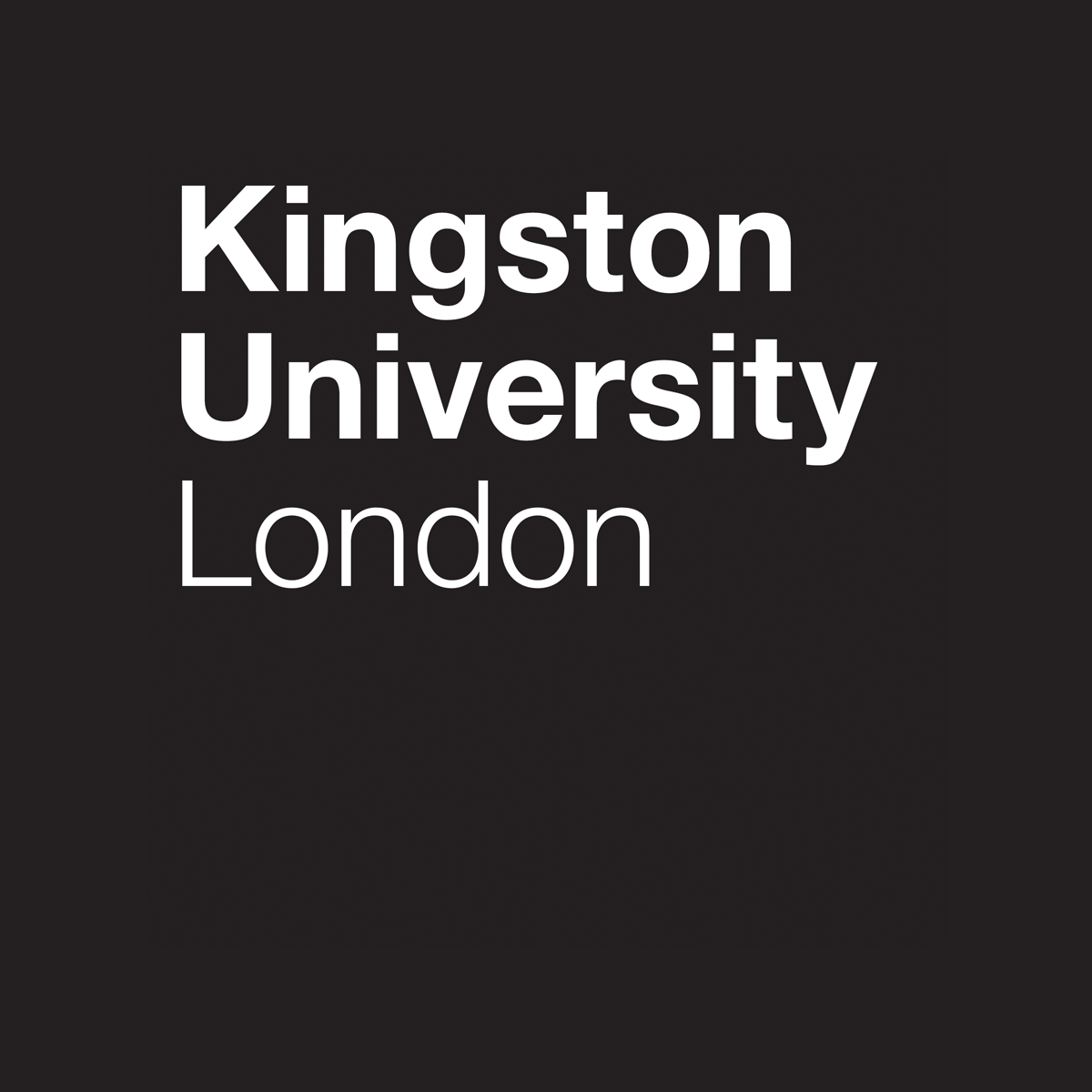This course focuses on the design skills necessary for the field of game development. You will create and develop computer games both alone and as part of a team.

This course focuses on the design skills necessary for the field of game development. You will create and develop computer games both alone and as part of a team.
Reasons to choose Kingston University
Sony PlayStation First
What you will study
Core Modules
Optional Modules
Please note
Work placement scheme
Entry requirements
Typical offer
Teaching and assessment
Guided independent study (self-managed time)
Support for postgraduate students
Your workload
How you will be assessed
Type of assessment
Feedback summary
Class sizes
About Kingston University
At Kingston University, we are passionate about enhancing our students' life chances by helping them make the most of their learning opportunity and equipping them with the future skills and knowledge needed in the 21st Century's demanding workplace.
Did You Know;
Kingston University is ranked a top 5 university in London in 21 subjects in the 2023
Top in London for interior design
Top in London and second in the UK for fashion and textiles and mental health nursing
Top in London and fifth in the UK for children's nursing
Top in London for graphic design and midwifery
Second in London for architecture, forensic science, general nursing, media and film studies
Kingston is ranked No.9 in the UK overall for Forensic Science, with the second-highest graduate outcomes nationally (Complete University Guide 2023)
Kingston School of Art's fashion degree among best in the world in business
We have 13,105 home/European students, and 3,680 overseas students from more than 140 countries
95% of our graduates are in work or further study six months after graduating***
70% of the University's research submission was rated as world-leading or internationally excellent in REF 2022
Term dates
The University's standard academic year runs from September to July, divided into three terms.
Autumn term
September to December
Spring term
January to April
Summer term
April to July
© 2025 coursetakers.com All Rights Reserved. Terms and Conditions of use | Privacy Policy